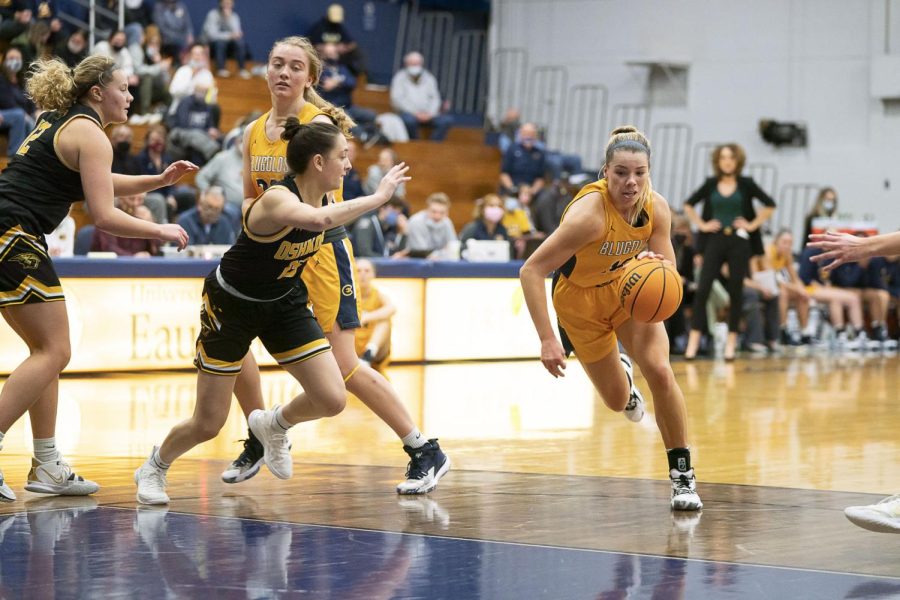 MCT
MCTWhen judging whether or not a player is worthy of being inducted into the NFL Hall of Fame, there are usually two categories voters look at – career statistics and championship rings. When considering these categories, Arizona Cardinals quarterback Kurt Warner is an interesting example.
Warner doesn’t have the career statistics that John Elway or Dan Marino do, nor does he have the championship rings that Terry Bradshaw and Joe Montana do.
In 1999, Warner stepped in for an injured Trent Green and carried the Rams to the Super Bowl despite only completing four passes the entire season prior. In the 1999 season, Warner completed 65.1 percent of his passes, threw 41 touchdown passes and recorded a passer rating of 109.2, all of which were the best in the league, en route to his first of two NFL Most Valuable Player awards. That season, in the Super Bowl, Warner led the Rams to a thrilling victory over the Tennessee Titans, the first-ever Super Bowl victory for the Rams. For his performance in the game, Warner earned Super Bowl MVP honors.
In 2000, Warner suffered an injury and missed five games, and the Rams eventually lost in the first round of the playoffs. While it isn’t fair to expect every quarterback to start practically every game like Brett Favre and Peyton Manning, the string of injuries Warner would eventually suffer was far beyond average.
In 2001, a then- healthy Warner started every game of the season. Warner led the league in completions, completion percentage, yards and quarterback rating, and he propelled the Rams to a 14-2 record. Warner earned his second MVP award, but the Rams eventually lost to the New England Patriots in the Super Bowl. While he did not win the Super Bowl, Warner proved that 1999 was not a fluke and that he was one of the best quarterbacks in the league, when healthy.
Over the next six seasons, Warner only started 50 games for three different teams – nine with the Rams from 2002-2003, 10 with the New York Giants in 2004, and 31 with the Cardinals from 2005-2007. In the 2008 season, Warner started all 16 games and once again put up dominating statistics. Warner led the Cardinals to their first-ever Super Bowl appearance but lost to the Pittsburgh Steelers.
Assuming Warner retires or fails to put up another phenomenal season, it will be the loss to the Steelers in the Super Bowl that will keep Kurt Warner out of the Hall of Fame. There are numerous Hall of Famers who have similar stats to Warner but have had much better post-season success. Packers legend Bart Starr threw for fewer yards and fewer touchdowns than Warner, but he won five championships and is in the hall of fame. Likewise, Steelers great Bradshaw’s numbers are practically identical to Warner’s, but Bradshaw guided his team to four championships.
As it stands, Warner’s stats are most similar to such non- Hall of Famers as Steve DeBerg, Steve Grogan, Mark Brunell, Joe Ferguson and Chris Chandler. Warner’s post-season successes and awards are not enough to propel him into the Hall of Fame ahead of some players like Boomer Esiason or Phil Simms. Warner is very similar to the basketball star Grant Hill because had either been able to stay healthy for their entire careers, they would probably be considered some of the best-ever in their respective sports.
Even without the Hall of Fame, Warner has an amazing story. In 1994, after graduating from the University of Northern Iowa, Warner signed with the Green Bay Packers but was cut before the regular season even began. Warner then took a job working for a gorcery store, earning near minimum-wage. In 1995 Warner signed with the Iowa Barnstormers of the Arena Football League. He was then named to the AFL’s All-First Team for two consecutive seasons, leading the Barnstormers to two consecutive Arena Bowl appearances
In 1997, Warner signed with the Rams, but he was allocated to NFL Europe’s Amsterdam Admirals. Warner led NFL Europe in passing yards and touchdowns. He was then named the backup to Rams starter Trent Green for the 1998 season. Warner entered the 1999 season expecting to once again be the backup, but Green suffered a pre-season injury, and the rest of the story is history.
Gourdoux is a sophomore print journalism major and sports editor of The Spectator.





